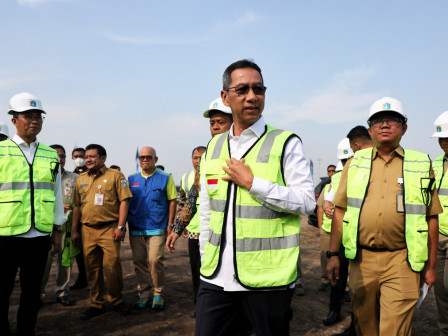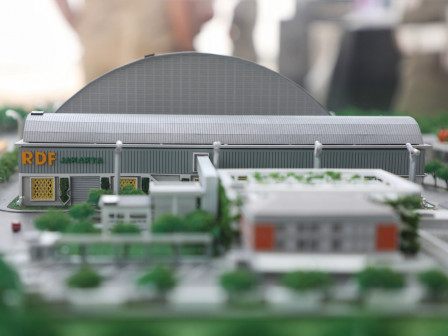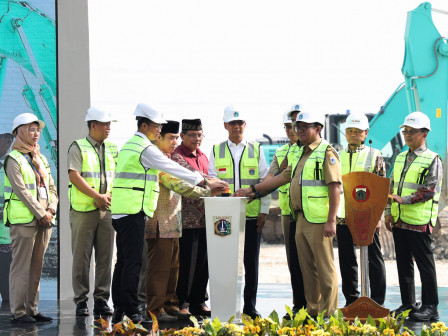Waste Management Facility for Seribu Island is Under Review
Reported by Folmer | Translated by Rizky Mawardi
Jakarta Provincial Government plans to construct waste management facility at Jakarta bay or Seribu Island in order to overcome limited land for final waste processing sites in Jakarta.
to overcome limited land for final waste processing sites
Acting Jakarta Governor, Heru Budi Hartono, requests Jakarta Environment Agency reviewing the plan with environmental activists and academics in order to determine the concept for building this environmentally friendly facilities.
Jakarta Environment Agency Head, Asep Kuswanto, said Jakarta must have environmentally friendly waste processing facilities that are able to accommodate and process waste in larger volumes to meet needs for the next 50 years. Currently, Jakarta already has an Integrated Waste Processing Site (TPST), a 3R (reduce, reused, recycle) Waste Processing Site (TPS) and an RDF Plant.
Commission D: RDF Construction in Rorotan Has Many BenefitsApart from processing waste, the environmentally friendly waste processing facility will also be equipped with a place to collect mud from the dredging of 13 rivers. It is hoped that small islands will be formed from the results of this process which then can be used as green open space (RTH). The island can later be managed by the Jakarta Provincial's City Park and Forestry Agency.
Asep added that Jakarta Provincial Government continues to innovate in managing waste from upstream to downstream. One long-term solution is to build environmentally friendly waste processing facilities outside the mainland.
"This concept was actually stated in 2012. Currently, there are already two countries that have successfully built waste processing facilities on small islands and this could be used as an example by Jakarta," he said, as quoted from Jakarta Provincial Government's press release, Tuesday (5/14).
First is on Semakau Island, Singapore. The island is the result of waste processing in an incineration plant using the waste-to-energy (WTE) principle. They carry out reclamation from the ash left by burning rubbish. Then, in the Maldives, they process the waste produced on the big island and transport it to a small island specifically prepared to manage waste using barges.
"These two countries can be used as best practice in global standard waste management efforts. Because, we both know that Singapore is superior from an economic aspect and the Maldives is superior in the sustainable tourism sector," he added.
Asep stated that Jakarta Provincial Government will review this facility construction deeply and invite environment experts to arrange the feasibility study.



